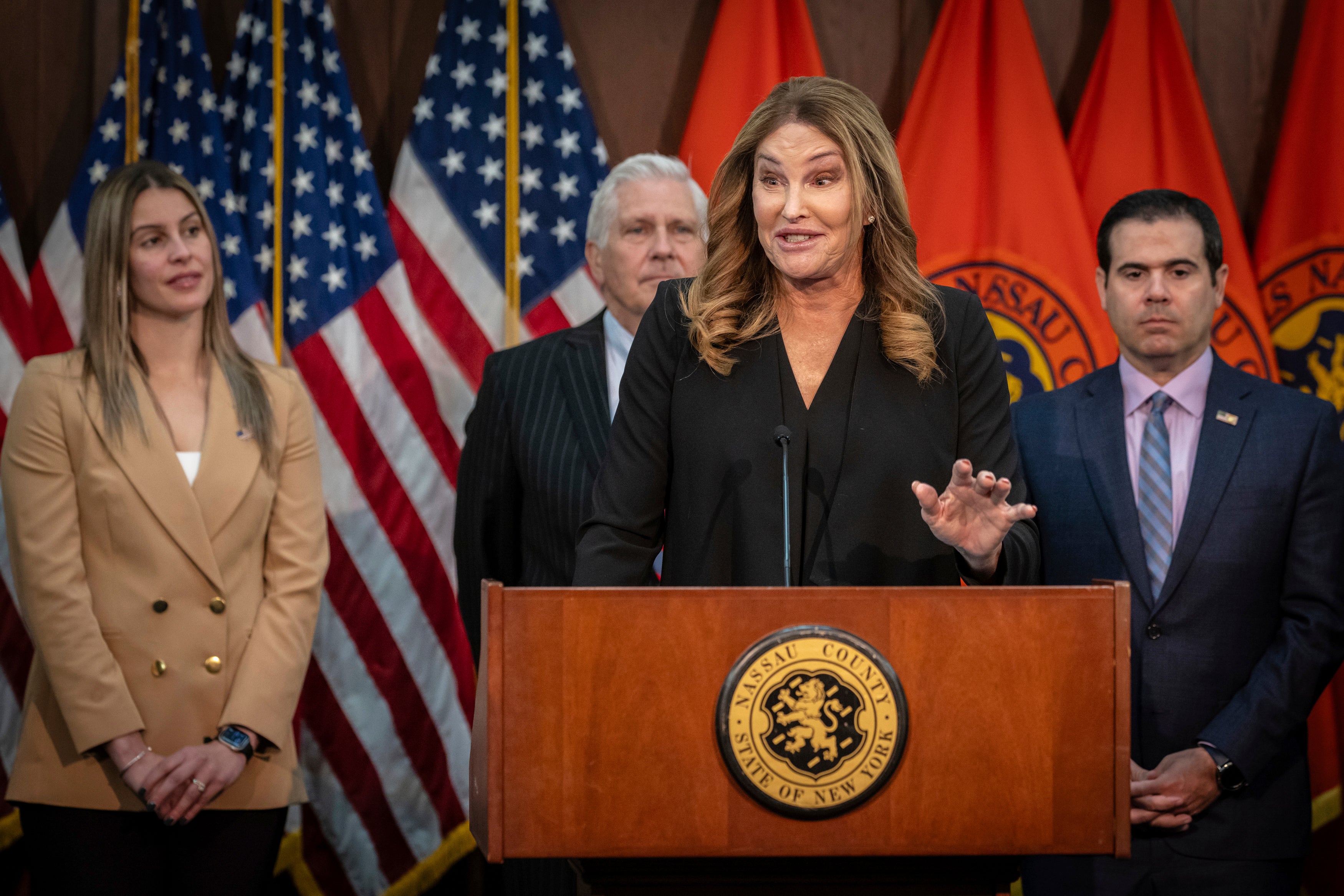Majority of elite sportswomen ‘uncomfortable’ with trans athletes in female events, survey finds
An anonymous survey of elite British sportswomen found that more than 70 per cent are uncomfortable with trans athletes competing in the female class

Your support helps us to tell the story
From reproductive rights to climate change to Big Tech, The Independent is on the ground when the story is developing. Whether it's investigating the financials of Elon Musk's pro-Trump PAC or producing our latest documentary, 'The A Word', which shines a light on the American women fighting for reproductive rights, we know how important it is to parse out the facts from the messaging.
At such a critical moment in US history, we need reporters on the ground. Your donation allows us to keep sending journalists to speak to both sides of the story.
The Independent is trusted by Americans across the entire political spectrum. And unlike many other quality news outlets, we choose not to lock Americans out of our reporting and analysis with paywalls. We believe quality journalism should be available to everyone, paid for by those who can afford it.
Your support makes all the difference.An anonymous survey of elite British sportswomen has found more than 70 per cent are uncomfortable with transgender athletes competing in the female class in sport, while 67 per cent feel uncomfortable about speaking publicly on the issue.
The BBC survey was sent to 615 athletes, including “any applicable transgender athletes”, in 28 sports and 143 responses were received.
Of the athletes who responded, 104 said they felt uncomfortable or very uncomfortable about transgender athletes competing in the female class in their sport. Eleven said they felt comfortable or very comfortable.
On speaking about the subject, 96 said they felt uncomfortable or very uncomfortable addressing it in public with some elaborating to the BBC their fears of abuse or being considered discriminatory.
Global governing bodies for cricket, cycling, athletics, swimming and chess have tightened their participation rules for transgender players in elite women’s competitions over the last couple of years for reasons of fairness.
Some sporting bodies allow transgender athletes to compete in women’s sport if they can show reduced levels of testosterone, as suggested in the 2015 guidelines issued by the influential International Olympic Committee (IOC).
Critics of transgender inclusion in women’s sport say going through male puberty imbues athletes with a huge musculo-skeletal advantage that transition does not mitigate.

LGBT advocacy groups say excluding trans athletes amounts to discrimination and that not enough research has been done into the impact of transition on athletic performance.
A group of academics last week published a paper challenging the most recent IOC framework on the inclusion of transgender athletes in sport, saying it did not protect fairness for women nor align with scientific or medical evidence.
Reuters
Join our commenting forum
Join thought-provoking conversations, follow other Independent readers and see their replies
Comments